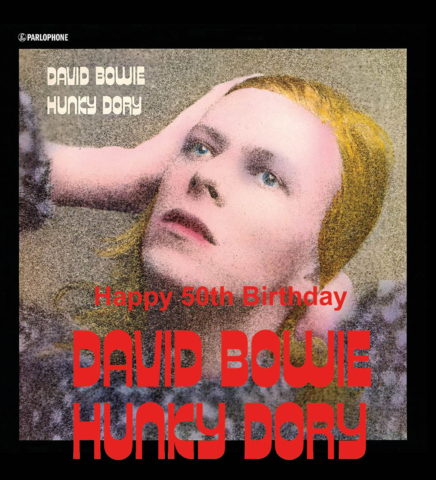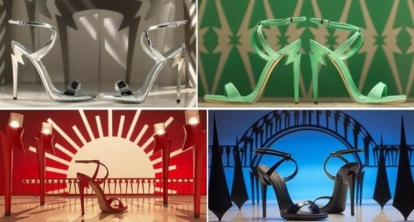Music’s Beloved Rogues
By Jo Phillips
Roguish, provocative and incredibly talented, there exist singers and musicians who have simultaneously forged a place in musical history and caused tabloid controversy. These men’s personal life has often threatened to overshadow their talents, but that’s probably why we love them so much. Despite their scandals, despite the gossip, they have been heralded as trailblazers and icons.
Frank Sinatra is one ‘rake’ who has had one of the strongest influences on Western popular culture and musicians after him. His alleged alliance with the Mafia as well as his marriages (and affairs) with Hollywood’s most high-profile women earns him a tumultuous reputation. His close friend, Sammy Davis Jr, was an equally fascinating figure whose talent for entertainment and controversial life remains an important aspect of showbiz history. His financial aid of the Civil Rights Movement makes him an interesting political figure and his interracial relationships prove to make him equally enthralling. Together with Sinatra and other entertainers, they formed The Rat Pack, a supergroup of entertainers who all have the reputation to be rogues.
The late 1950s saw the introduction of French yé-yé singer Serge Gainsbourg, who has not only earned legend status for his unusual lyrics but also for his impact on French celebrity culture. An infamous womaniser and provocateur, Gainsbourg embodied the blasé hedonism associated with French artists. His duet Je t’aime…moi non plus with Brigitte Bardot (later recorded and officially released with wife Jane Birkin) was banned across numerous countries for its not-so suggestive lyrics and sound-effects. Gainsbourg’s legacy reminds us of the power of provocation in the face of conservative values; this is one of the reasons which makes the musicians on this list so impactful.
David Bowie, who needs no introduction, serves as another interpretation of the rake. His career in the 1970s was dominated by two self-fabricated personas: the colourful alien Ziggy Stardust and the apathetically elegant Thin White Duke. The former was androgynous and ‘bisexual’ whilst the latter appropriated old-Hollywood cabaret aesthetics. Both personas, along with the music they were accompanied with, drew a great deal of attention. The Thin White Duke was not without his controversy; Bowie admitted to struggling with drug addiction during this time and implied that this was reflected in the persona’s erratic presentation.
Prince, like Bowie, has forged a legacy because of how his music’s relationship with his image. Defying conventions when it came to gender and style, Prince’s iconic use of the colour purple made him both elegant and flamboyant. The 20th Century, until the 70s, had seen the rake as a suave man who did not experiment with colours and glamour the Prince or Bowie did. This era allowed a broadening of masculine expression; the rake need no longer be restricted by society’s expectation of ‘male and female’.





